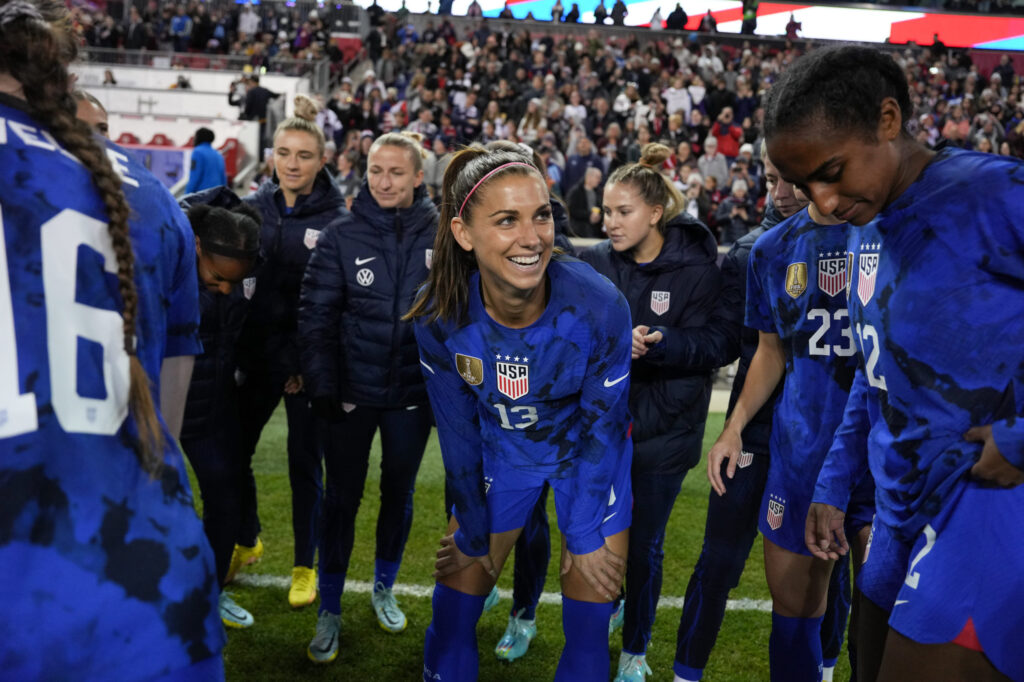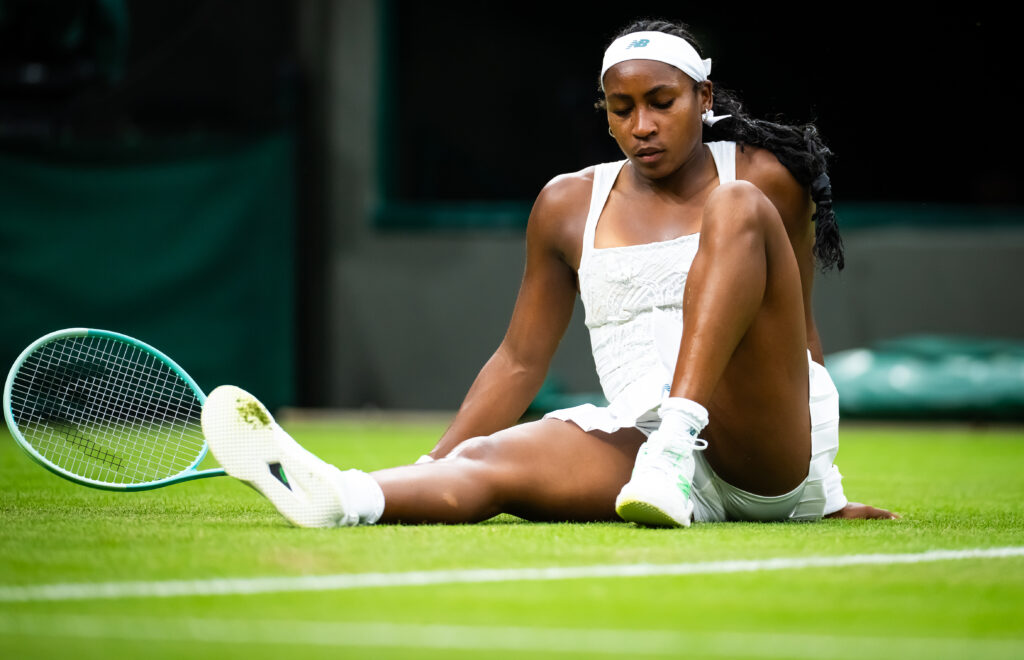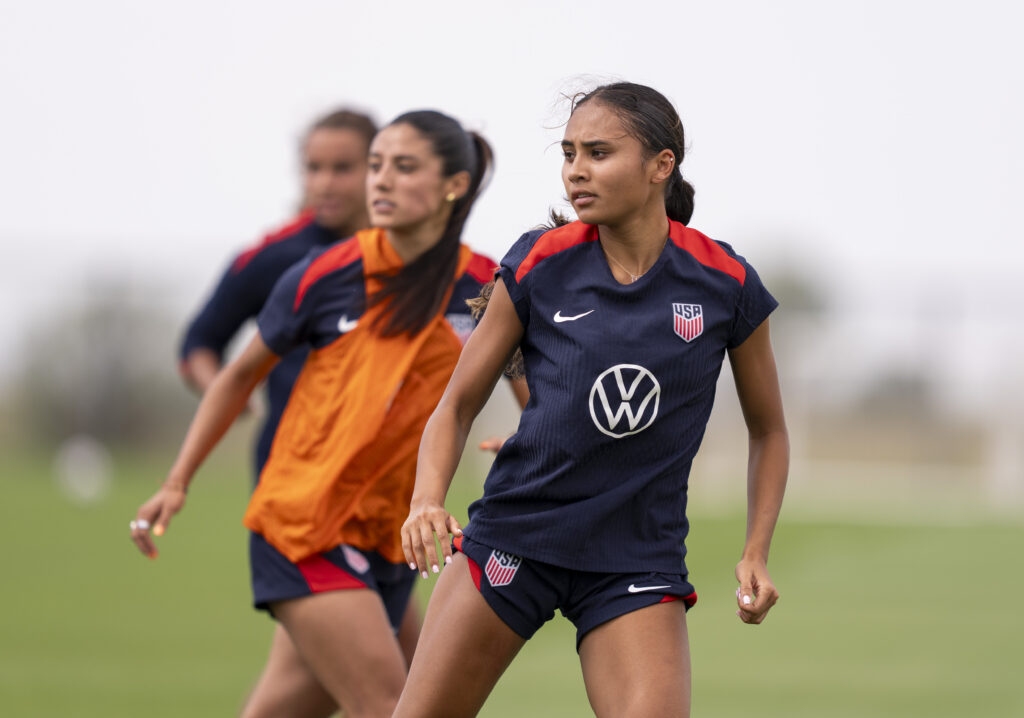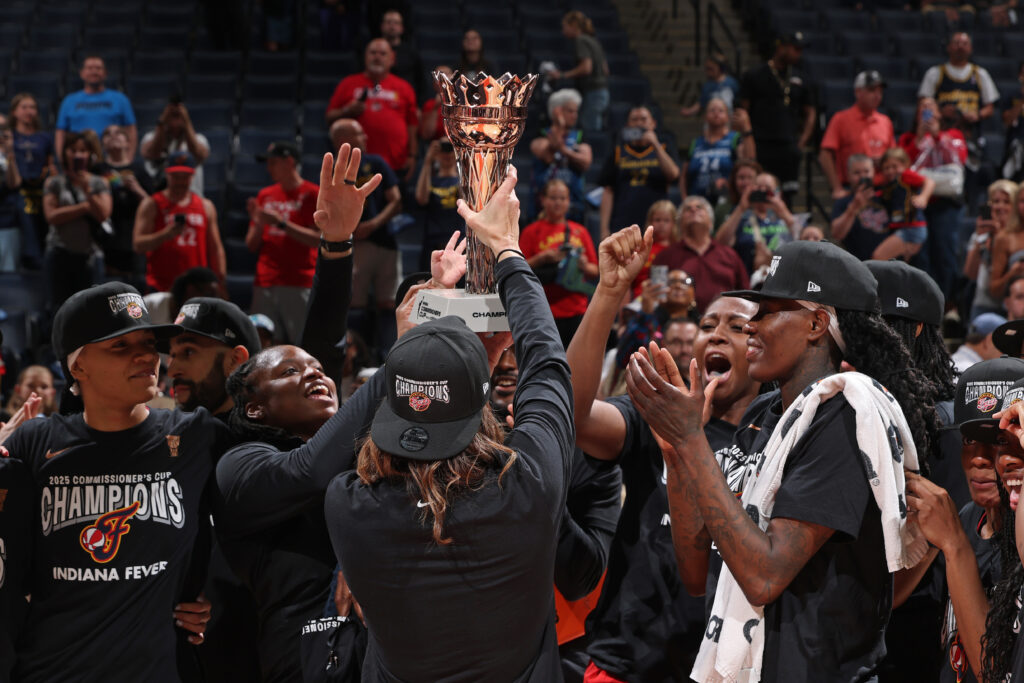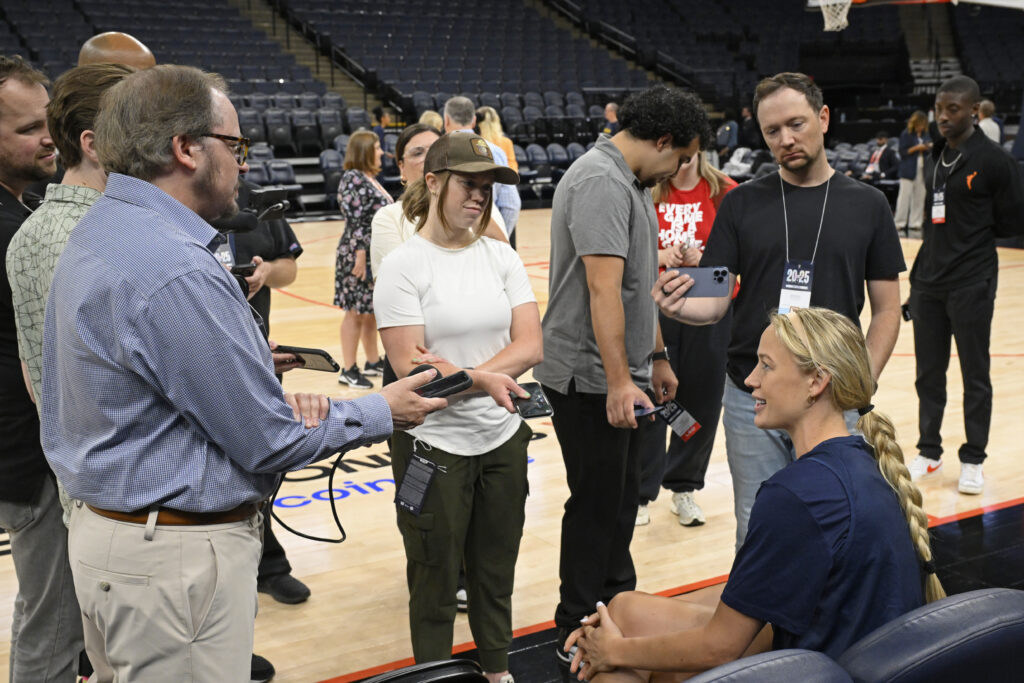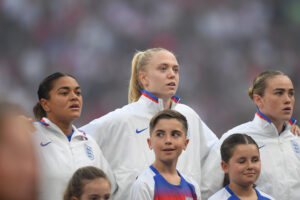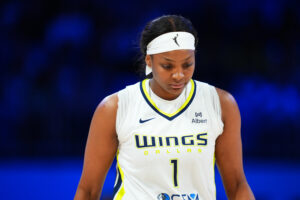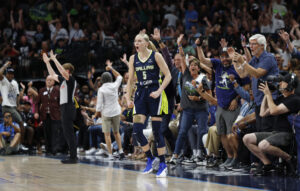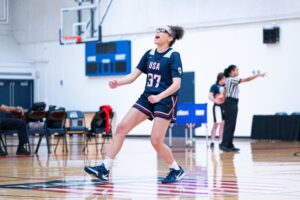The U.S. women’s national team will continue to celebrate its historic collective bargaining agreement, which closed the pay gap with the the men’s national team, with a Players’ Ball set to be hosted by the USWNT Players Association on Monday in New York City.
Much has been made of the landmark equal pay deal, announced in May, which already has started to alter the landscape of women’s sports. The CBA was years in the making, with both the men’s and women’s teams seeing increased revenue from tickets, broadcast deals, partnerships and sponsorships.
“We hope that this agreement and its historic achievements in not only providing for equal pay but also in improving the training and playing environment for National Team players will similarly serve as the foundation for continued growth of women’s soccer both in the United States and abroad,” USWNTPA president Becky Sauerbrunn said in the CBA release.
The full CBA was published Monday ahead of the Players’ Ball event, which will feature some of the biggest names in USWNT history, including: Crystal Dunn, Julie Foudy, Rose Lavelle, Alex Morgan, Christen Press, Megan Rapinoe, Becky Sauerbrunn and Abby Wambach.
Up-and-coming stars such as Mallory Pugh and Trinity Rodman will also be in attendance.
The equality guaranteed by the new CBA encompasses but also goes beyond players’ paychecks. Highlights of the deal include:
- Equal pay
- Compensation provided to both the men’s and women’s teams is the same and “does not discriminate in favor of or against either the MNT or WNT or either team’s players individually.” Additionally, USWNT players have shifted to a pay-for-play structure, similar to the men. Players now receive appearance fees and game bonuses for training camp and game participation.
- Equal prize money
- Prize money won from any Concacaf, FIFA or other official competition will be pooled and divided equally among both teams. FIFA World Cup prize money will be divided equally contingent upon both teams qualifying. If one team does not qualify but the other team does, that money will not be pooled or shared.
- Equal resources
- Access to childcare will now be equal, as well as field surfaces, staffing, travel and accommodations. For example, each team will receive the same number of charter flights and will compete in equal quality venues.
